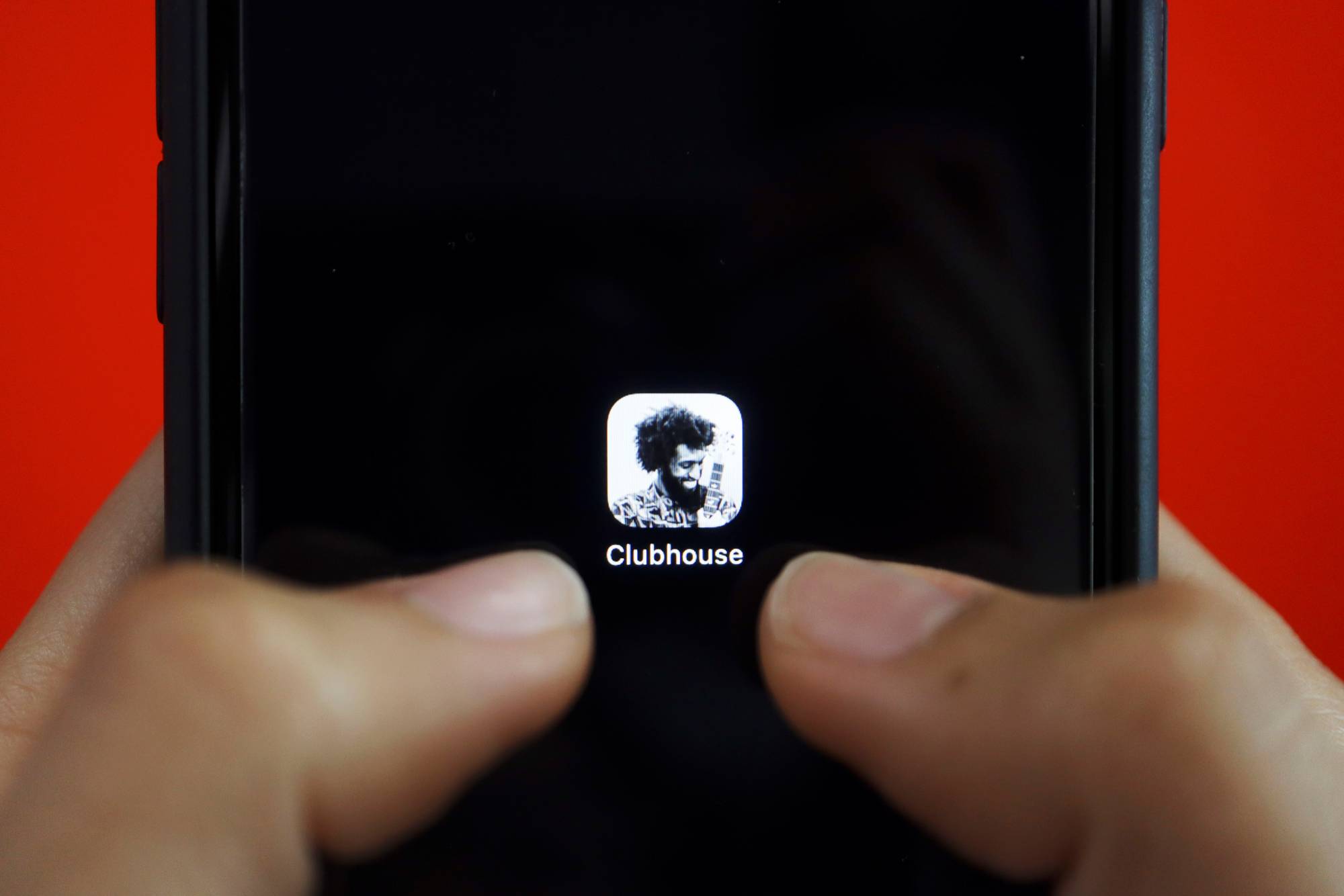The Japanese internet appears to have gone gaga over Clubhouse, the invitation-only audio application that allows users to host and listen to conversations between others. Since debuting in the country earlier this year, it has risen to the top of the free download rankings in Apple’s App Store, recently recording more than 440,000 new downloads in just one week.
While the San Francisco-born app has enjoyed newfound attention all around the world (including in China, where the government recently banned it), its rapid growth in popularity in Japan has been surprising. Besides seemingly becoming the dominant topic of tech discourse, high-profile personalities from all walks of life have flocked to it — including TV personality Naomi Watanabe, YouTuber Fuwa-chan, musician Kenshi Yonezu and entrepreneur Yusaku Maezawa, to mention a few. Online media organizations have started unpacking the phenomenon, too.
It’s certainly proving popular as people jump at the chance to follow the platform’s trend-setters, but plenty of other theories have been floated online as to why Clubhouse has resonated so strongly with users. Nostalgia for older social networks has become one of the more compelling ideas. When Clubhouse first became available in Japan, it trended on Twitter alongside mentions of mixi, one of Japan's earlier experiments in invitation-only social media. Others likened it to another app from the past: Gree.

















With your current subscription plan you can comment on stories. However, before writing your first comment, please create a display name in the Profile section of your subscriber account page.